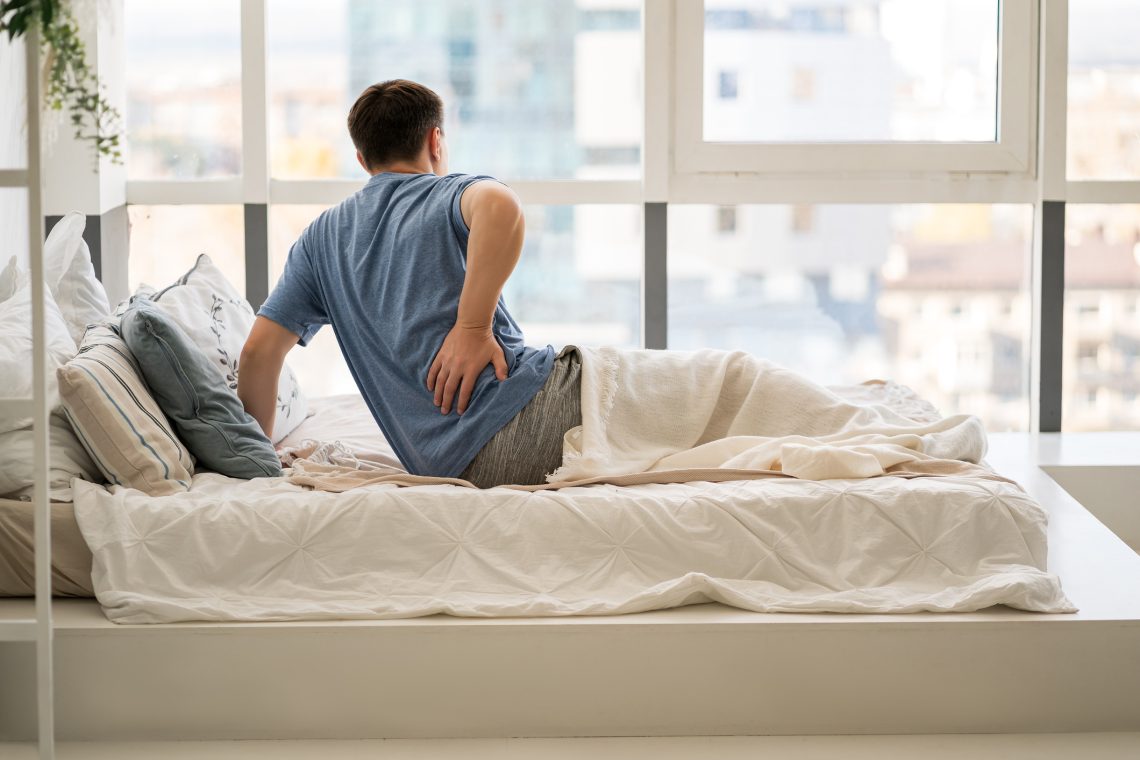Introduction
Passing a kidney stone can be an intensely painful experience, but many small stones pass naturally without surgery or invasive procedures. If you’re dealing with a kidney stone at home, knowing how to manage pain, aid the stone’s passage, and recognize warning signs that require urgent medical attention is crucial. This article offers a detailed guide on safely passing a stone at home, helpful tips for comfort, and clear advice on when to seek emergency care.
Understanding Kidney Stones and the Passing Process
Kidney stones are hard deposits of minerals and salts that form in the kidneys and can travel down the urinary tract. Passing a stone means it moves from the kidney, through the ureter, into the bladder, and then out of the body via urine.
- Stone size: Smaller stones (usually less than 5 mm) often pass on their own.
- Location: Stones closer to the bladder pass more easily than those stuck higher in the ureter.
- Timeframe: Passing a stone can take hours to several weeks depending on size and location.
Symptoms While Passing a Stone
- Sudden, severe flank or lower back pain (renal colic)
- Pain radiating to the groin or genitals
- Blood in urine (pink, red, or brown tint)
- Frequent urge to urinate or painful urination
- Nausea and vomiting
- Cloudy or foul-smelling urine
Tips for Passing a Stone at Home
1. Stay Hydrated
- Drink plenty of water (aim for 2.5 to 3 liters daily) to help flush out the stone.
- Drinking enough fluids increases urine volume, which can speed up stone passage.
- Adding citrate-rich fluids like lemon water can help prevent new stone formation.
2. Pain Management
- Use over-the-counter pain relievers such as ibuprofen (Advil) or acetaminophen (Tylenol) as directed.
- Your doctor may prescribe stronger pain medications if needed.
- Applying a heating pad to the painful area can provide comfort.
3. Use Medical Expulsive Therapy (If Prescribed)
- Medications like alpha-blockers (e.g., tamsulosin) may be prescribed to relax the ureter muscles, facilitating stone passage.
- These can reduce pain and increase the chance of passing the stone without surgery.
4. Monitor Urine
- Strain your urine using a fine mesh strainer or gauze to catch the stone for analysis.
- Knowing the stone’s composition helps guide future prevention.
5. Maintain Activity
- Light physical activity or walking may help move the stone along.
- Avoid heavy lifting or strenuous exercise during severe pain episodes.
When to Get Medical Help
Certain symptoms mean you should seek immediate medical attention instead of continuing to manage at home:
- Severe pain not relieved by medication
- Fever over 100.4°F (38°C) with chills (possible infection)
- Difficulty urinating or inability to pass urine
- Persistent nausea and vomiting preventing fluid intake
- Blood clots or large amounts of blood in the urine
- Sudden worsening of symptoms
These signs may indicate complications such as infection, urinary obstruction, or a stone too large to pass on its own.
When Surgery or Procedures May Be Needed
- Stones larger than 6 mm often require intervention.
- Stones causing persistent obstruction or infection.
- Inability to control pain at home.
- Recurrent stones that don’t pass naturally.
Common procedures include:
- Extracorporeal Shock Wave Lithotripsy (ESWL)
- Ureteroscopy
- Percutaneous nephrolithotomy (PCNL)
Prevention After Passing a Stone
- Follow your doctor’s recommendations for diet and lifestyle.
- Stay well hydrated daily.
- Avoid high-oxalate or high-purine foods depending on stone type.
- Consider regular check-ups and imaging to monitor for new stones.
Conclusion
Passing a kidney stone at home is possible with proper hydration, pain control, and monitoring. Understanding when to seek emergency care is essential to avoid complications. With the right approach and medical guidance, you can safely manage stone passage and reduce the chance of future stones. Always keep your healthcare provider informed of your symptoms and progress.
FAQs:
How much water should I drink to help pass a kidney stone?
Aim for 2.5 to 3 liters of fluids daily to flush out the stone.
What pain relief options are safe at home?
Over-the-counter ibuprofen or acetaminophen can help manage pain.
When should I see a doctor instead of waiting for the stone to pass?
If you have severe pain, fever, inability to urinate, or persistent vomiting, seek medical help immediately.
Can walking or light exercise help pass a stone?
Yes, light activity like walking may encourage the stone to move.
Should I try to catch the stone when I urinate? Yes, straining urine to catch the stone helps your doctor analyze it and plan prevention






